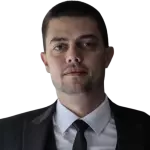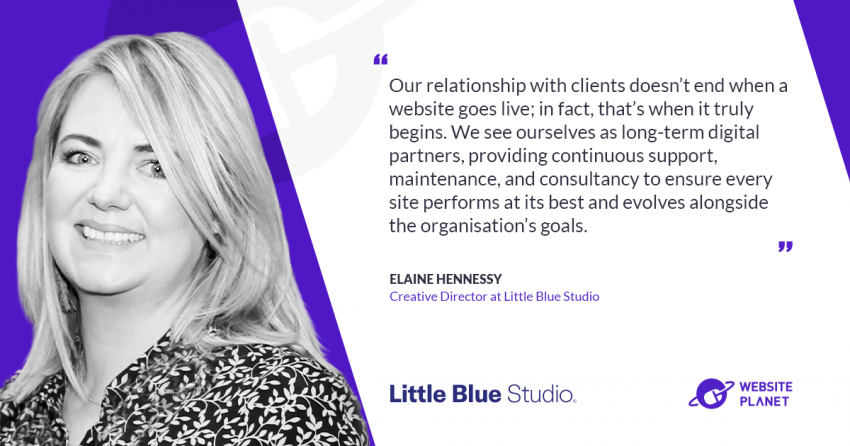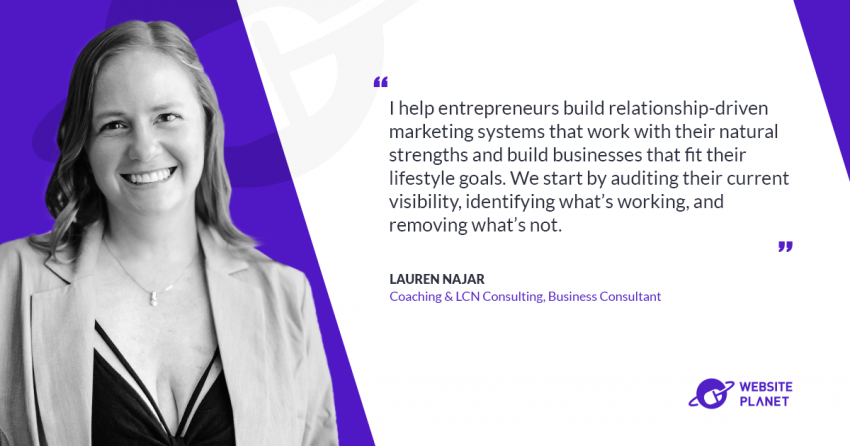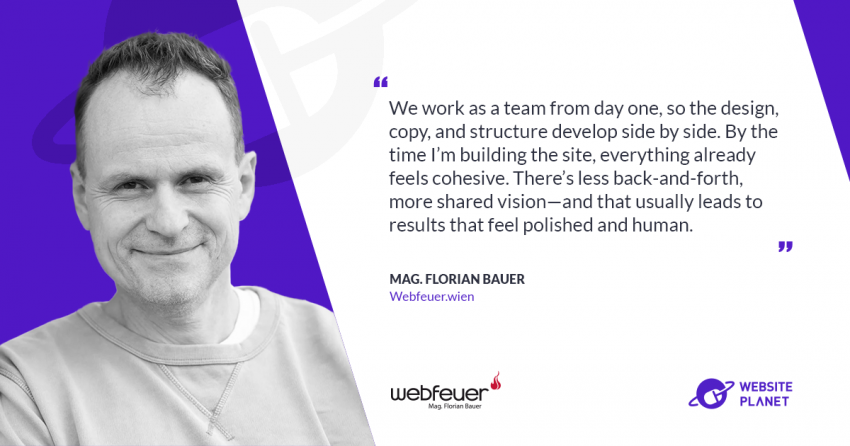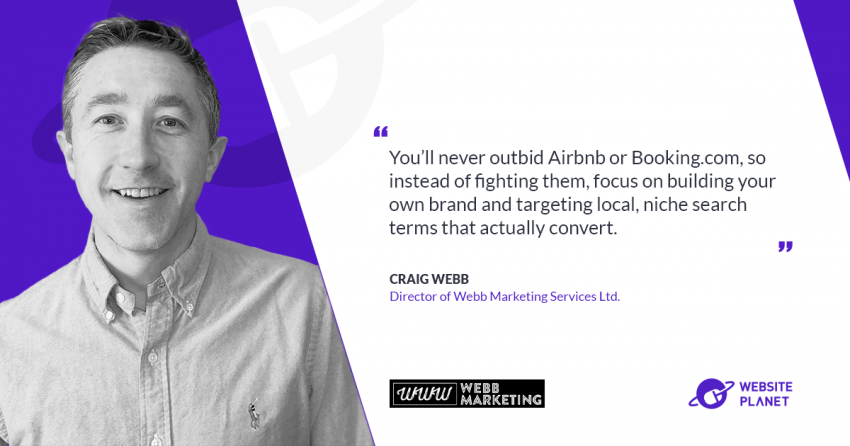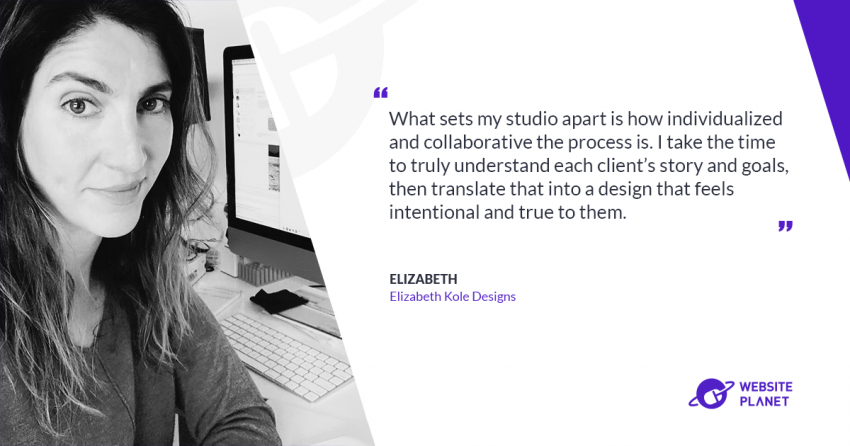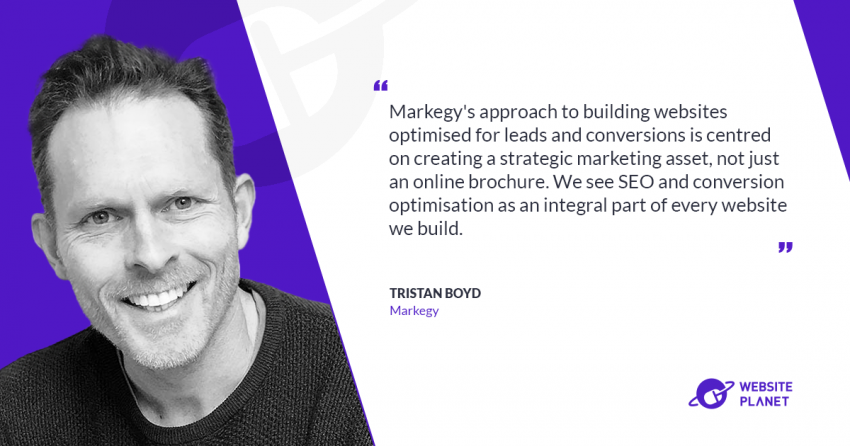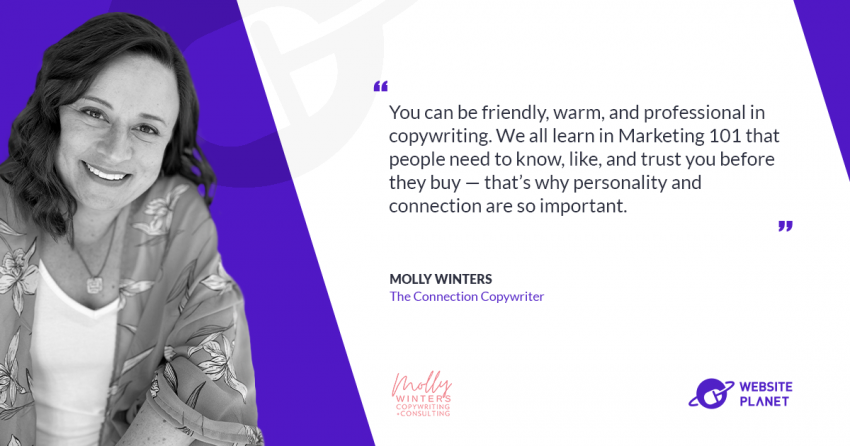Marietta Gieroń, Chairwoman of the CYBERSEC Programme Committee and the Kosciuszko Institute Member Board, is a leading voice in shaping Europe’s digital and cybersecurity landscape. Today, she shares insights into the mission of the Kosciuszko Institute, the growing role of CYBERSEC as a cross-sector platform, and the importance of inclusive, values-driven security policy for Central and Eastern Europe. Learn more in her exclusive Website Planet interview below.
Can you please share a few details about the Kosciuszko Institute with our readers? What would you say is the institute’s primary mission?
The Kosciuszko Institute is an independent, non-profit think tank based in Kraków, Poland. For over 20 years, we’ve been dedicated to shaping public policy and fostering multilateral dialogue on strategic issues affecting Central and Eastern Europe. Our core areas of focus include cybersecurity, digital sovereignty, transatlantic relations, and emerging technologies.
Our mission is to bridge the gap between the public and private sectors, governments, and civil society. We believe that trust-based collaboration is key to strengthening democracy and resilience—especially in today’s hybrid threat environment. The Kosciuszko Institute serves as a platform where ideas, policies, and people converge to work toward a more secure, innovative, and values-driven Europe.
Personally, I see our work as both a duty and a privilege. We operate with the understanding that policy decisions made today will define how secure and democratic our digital future will be.
For those unfamiliar with it, can you explain what CYBERSEC is and what happened at its latest iteration held recently?
CYBERSEC is one of Europe’s leading platforms focused on strategic digital challenges. And I deliberately say “platform,” not “conference,” because it’s not just a one-off event—it’s a long-term space for shared responsibility between governments, business, international organizations, and experts.
At CYBERSEC 2025 in Kraków, we deliberately elevated the role of business partners, both on stage and in the exhibition zone. The EXPO area was the largest and most dynamic to date, showcasing real-world technologies and solutions. We saw government ministers, NATO and EU representatives, startups, R&D institutions, and investors engaging side-by-side. It was a powerful reflection of our belief that security is not a silo—it’s a shared endeavor across sectors.
What other projects are you a part of or have launched?
I’m currently involved in projects at the intersection of strategic communications, digital resilience, and cybersecurity. These include work on countering disinformation, analyzing hybrid risk, and enhancing the role of strategic messaging in foreign policy. I’m also deeply engaged with the European Cybersecurity Journal, where I serve as an editor and contributor. In parallel, I coordinate international cooperation at the Institute, working with partners from across Europe and the U.S. on research and policy initiatives.
One of the initiatives I’m especially proud of is “Road to the Polish Presidency,” which took place at the end of last year. As Poland prepares to assume the Presidency of the Council of the European Union in 2025, we launched this project to bring together key stakeholders and shape an ambitious digital policy agenda. The event gathered top experts in cybersecurity, international policy, and strategic technologies, as well as representatives of the Polish Ministry of Digital Affairs.
The outcome of this initiative was not just a set of discussions—we followed up by publishing policy briefs with concrete, evidence-based recommendations. These briefs aim to support Polish and European decision-makers in setting strategic priorities in areas such as digital sovereignty, regulatory frameworks, and cyber capacity building. I’m truly proud of this work, as it reflects our commitment to proactive, inclusive policymaking rooted in regional expertise and European solidarity.
What are some emerging cybersecurity trends in the EU market, and how do you ensure that you stay ahead of the curve and on top of them?
One of the most visible trends is the growing alignment between cybersecurity and geopolitics, industrial policy, and regulation. The strategic autonomy agenda—covering cloud infrastructure, AI, semiconductors, and digital sovereignty—is accelerating across the EU.
Trust is also becoming a strategic asset. Cybersecurity today is about more than systems or compliance—it’s about building digital trust and protecting fundamental rights in a complex geopolitical environment.
To stay ahead, I actively participate in high-level policy and expert discussions in Brussels, NATO, and across multistakeholder settings. But I also listen closely to those implementing change on the ground—because that’s often where the next challenge or opportunity reveals itself first.
What can you tell me about the European Cybersecurity Journal, and what can people learn about in the latest issue?
The European Cybersecurity Journal is a unique publication in Europe, bridging the gap between policymakers, practitioners, and academics working on cybersecurity. Published by the Kosciuszko Institute, it offers strategic insights that go beyond technical silos.
The latest issue (Vol. 10, Issue 1) is devoted to Europe’s strategic digital autonomy—from tech to security. It includes analyses on topics such as cyber defense in Ukraine, AI-driven information threats, transatlantic digital relations, and the role of women in cybersecurity. It clearly shows that cybersecurity is no longer just a technical concern—it’s a political, societal, and cultural one.
What motivates you to keep pushing forward and doing the work you’re doing?
What drives me is the sense of purpose in this field. Cybersecurity isn’t just about technology—it’s about people, values, and resilience. And our region—Central and Eastern Europe—has a unique vantage point. We’re often on the frontline of both challenges and innovation.
I also care deeply about bringing underrepresented voices into the conversation. Inclusive security isn’t a luxury—it’s a necessity. Diversity in this field is not just an ethical goal; it’s a strategic imperative. Whether it’s amplifying the role of women in cybersecurity or ensuring that smaller countries in the EU ecosystem have their concerns heard, inclusion strengthens our collective response to digital threats. One area I find especially important is strategic communication. In an era of disinformation and cognitive warfare, how we talk about cybersecurity and digital policy matters just as much as the policies themselves. At the Institute, we put a strong emphasis on translating complex issues into accessible language for decision-makers and citizens alike. I believe this is critical to maintaining democratic legitimacy and societal resilience.
Finally, I see enormous potential in transatlantic cooperation. The challenges we face—AI regulation, cyber norms, digital infrastructure—transcend borders. I’m committed to building bridges across sectors and geographies to foster trust-based dialogue and solutions. In this sense, my work is not just professional—it’s deeply personal.
To learn more about Marietta’s work, you can visit ik.org.pl

